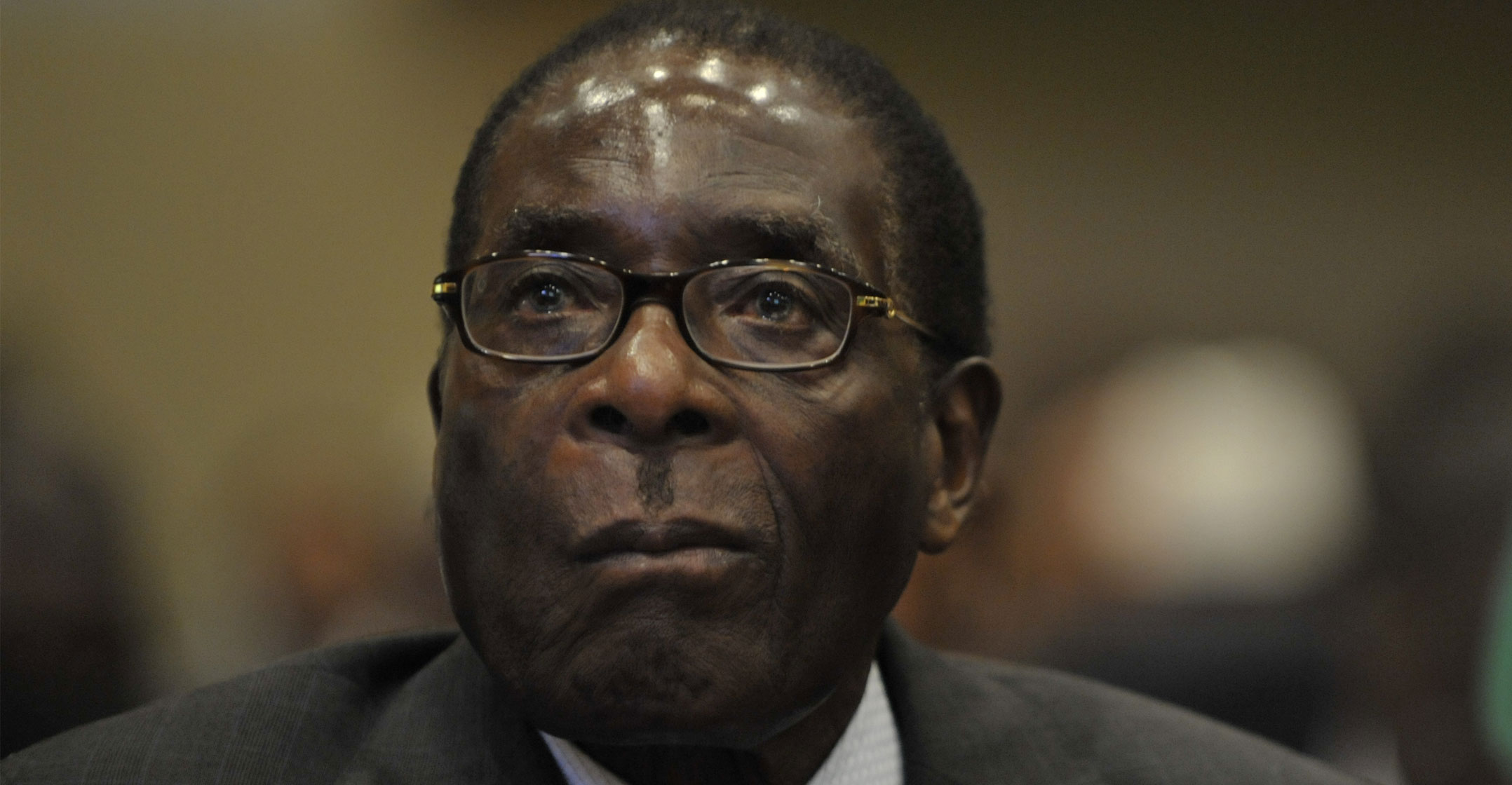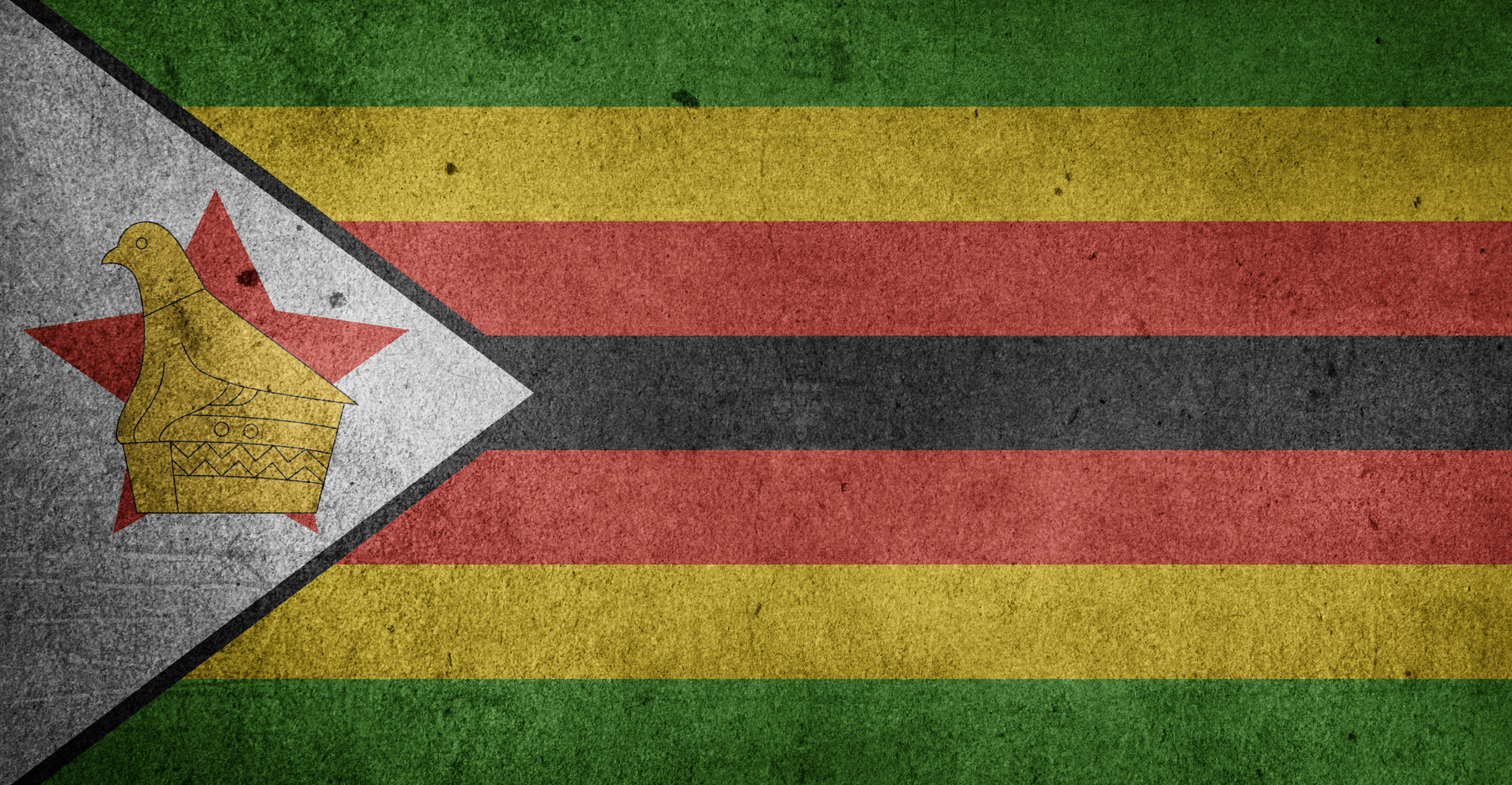
Robert Mugabe’s near four-decade reign as the strongman of Zimbabwe ended on Tuesday, when he submitted a letter of resignation to parliament, sparking scenes of celebration across the capital, Harare.
House of assembly speaker Jacob Mudenda announced the resignation during a joint sitting of lawmakers in Harare, the capital, called to vote on a motion of impeachment of Mugabe, who at 93 was the world’s oldest-serving leader. Cars honked their hooters and cheers erupted at Unity Square in the city centre where earlier thousands of people had gathered in Unity Square to hold an “impeachment party”.
Mugabe’s resignation came days after Zanu-PF fired him as its leader and ordered him to step down. Emmerson Mnangagwa, 75, who Mugabe dismissed as vice president this month, will take over as interim leader and be Zanu-PF’s presidential candidate in elections next year, the party said.
“We have fought the lion and won,” Lovemore Matuke, Zanu-PF’s chief whip, said in an interview after the announcement. A new interim president will take over in the next 48 hours, he said.
The ruling party’s decision to dump the president came four days after the military placed him under house arrest and detained several of his closest allies — a move triggered by Mnangagwa’s dismissal. Mugabe initially dug in his heels, missing a party deadline to quit by noon on Monday or face impeachment, before finally agreeing to go.
“It’s good the process didn’t drag out,” said Brian Raftopoulos, the Cape Town-based director of research at the Solidarity Peace Trust, a church-backed human rights group. “He long overstayed his welcome. The stubbornness with which he held on and the fact the he tried to create a family dynasty was indicative of the fact that he regarded the country as his personal dynasty.”
The moves against Mugabe were the culmination of a battle for control of the ruling party between a military-aligned faction that’s coalesced around Mnangagwa and another known as the Generation-40, which wanted the president’s wife, Grace Mugabe, to succeed him. Mnangagwa emerged as the victor, with the party expelling Grace and her allies.
‘Long overdue’
“It was long overdue. The president could no longer withstand the pressure,” said Takavira Zhou, a lecturer at Great Zimbabwe University in the city of Masvingo. “However, the key issue is when will we have a transitional government and how will it work — will Zanu-PF go it alone.”
Mugabe leaves behind an economy in tatters. An estimated 95% of the workforce is unemployed, public infrastructure is crumbling and there are widespread shortages of cash and food. Many of the country’s woes are rooted in Mugabe’s support for the seizure of white-owned farms, which slashed agricultural production, export earnings and tax revenue.
The son of a carpenter and a catechism teacher, Mugabe was born in Zvimba, a peasant-farming area west of Harare, and trained as a primary school teacher. He was introduced to politics while studying at South Africa’s Fort Hare University, and went on to help found the Zimbabwe African National Union party in 1963. He was jailed the same year for calling for the violent overthrow of Ian Smith’s white minority government.

During his 11-year incarceration, Mugabe obtained degrees in economics, education and law. A year after his release, he fled to Mozambique where he later became the leader of the then-exiled Zanu, which controlled the biggest of two guerrilla armies fighting Rhodesia.
A UK-brokered peace deal that ended the war brought Mugabe to power as the elected prime minister in 1980. While he initially preached reconciliation, violence erupted in 1982 when Mugabe accused his coalition partner, Joshua Nkomo, of plotting to overthrow him. He began a military crackdown that claimed about 20 000 lives in the western region of Matabeleland, according to Genocidewatch.org.
After February 2000, Mugabe allowed his supporters to take over white-owned land, disrupting farming and creating food shortages in a country that had once been the biggest corn exporter in southern Africa. And in 2005, he authorised a slum-clearance program that left at least 750 000 people homeless, according to the Zimbabwe Human Rights NGO Forum.
While Mugabe was the clear winner of the first four post-independence elections, his victory in a violence-marred 2008 vote was disputed and his party lost parliamentary elections.
Mugabe refused to step down and international mediators coaxed him into a power-sharing deal with the main opposition. That lasted until 2013, when Mugabe reclaimed outright power in an election the opposition said was neither free nor fair.
Mugabe’s exit won’t necessarily usher in a new era of democracy in Zimbabwe, with the country now under the control of some of his hard-line former allies, who’d helped him crush dissent.
Mnangagwa, who’s known by his nomme de guerre Ngwena, or crocodile in the Shona language, played a particularly pivotal role. He was the chief of intelligence when Mugabe ordered the Matabeleland crackdown by the North Korean-trained Fifth Brigade, and is a leading securocrat within the ruling party. He’s previously served as the minister of defence and of justice.
“This is a great moment for the people of Zimbabwe,” said Nelson Chamisa, deputy leader of the opposition Movement for Democratic Change. “We want to start a new beginning.” — Reported by Brian Latham, Godfrey Marawanyika and Desmond Kumbuka, with assistance from Mike Cohen, (c) 2017 Bloomberg LP

